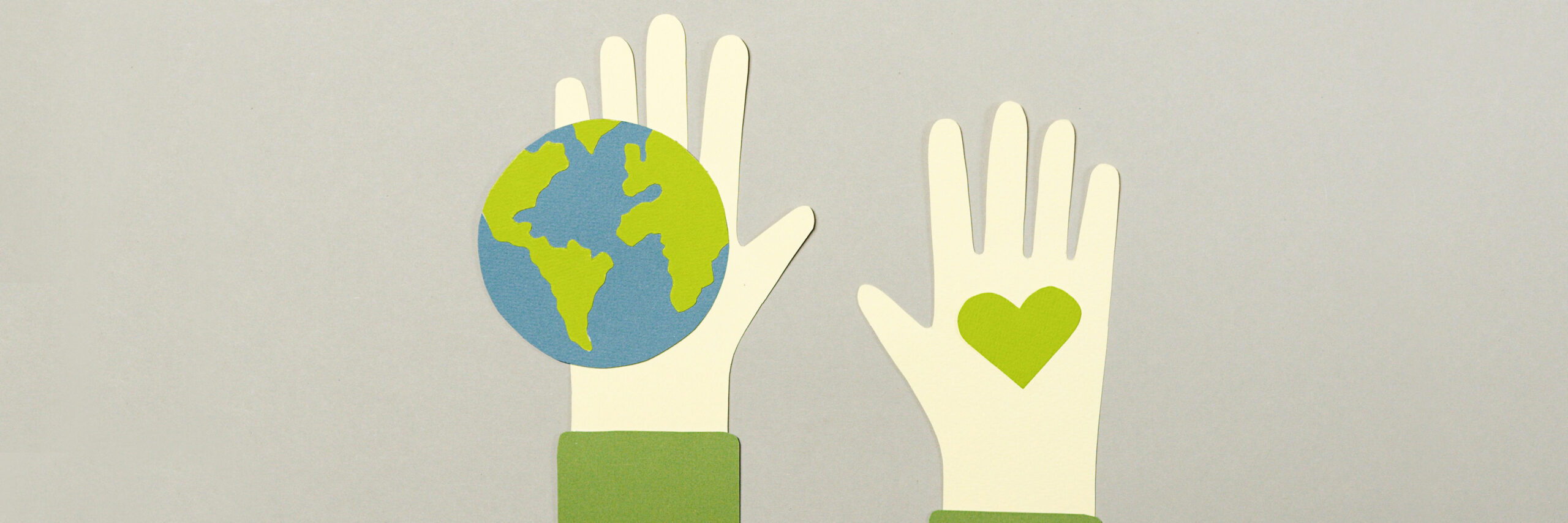
A recent initiative highlights how York University’s Faculty of Environmental & Urban Change (EUC) is helping high-school students reach their potential as the next generation of sustainable changemakers.
With the ongoing climate challenges the world faces, the need for active citizenship and environmental stewardship has never been greater. It’s why EUC has made an ongoing effort to provide climate, sustainability and social justice education for the leaders of tomorrow.
The Faculty fulfills that goal with the students currently enrolled in its post-secondary programs, but it doesn’t want to stop there. Among its key objectives, EUC commits to frequently offering high-school outreach activities that provide resources, hands-on skill building opportunities and support to young people who want to make a difference in the world.
Big events, like February’s annual iteration of the Change Your Work conference – which welcomed 500 Ontario high-school students and their teachers to York U’s Keele Campus for a day of environmental education and inspiration – are part of those efforts. Smaller initiatives are part of them, too – like the recent Design Thinking Challenge event in May, attended by 60 students and teachers from several York Region schools.
The event offered local students two programming tracks. The first was a Specialist High Skills Major (SHSM) ICE Challenge Case Competition, which tasked participating students to come up with a sustainable architectural solution for redesigning the front entrance and foyer of the Health, Nursing & Environmental Studies Building on York University’s Keele Campus.
The second track was a new extracurricular Urban Solutions program, where students presented their solutions to global challenges, ranging from language accessibility in the Toronto Transit Commission system to disaster relief in Haiti.
Once students worked through their projects, they had a chance to present their design proposals and get feedback from Abidin Kusno, EUC professor and undergraduate program co-ordinator; Teresa Abbruzzesse, EUC professor and Cities, Regions, Planning program co-ordinator; and Laura Taylor, co-author of the SHSM challenge, professor and master of environmental studies Planning program co-ordinator.
“The students came up with some ingenious solutions for the challenge that was presented to them,” said Philip Kelly, professor and interim dean of EUC.
One example was a student who presented a proposal to solve period poverty – the inability to afford feminine hygiene products – in Uganda, building upon her existing interest in gender equality. Her solution was a more sustainable, accessible, disposable pad that would be produced using locally sourced materials.
For students, EUC initiatives like this can provide experiential learning opportunities that are rewarding in more ways than one. In this case, the event featured several prizes: the Feasibility Laureate award for the most practical and easy-to-implement solution; the Empathy Emblem award for the solution that shows the deepest understanding of the users; and the Impact Pioneer Plaque award for the solution with the greatest potential for positive impact.
EUC hopes experiences like these – representative of the Faculty’s broader efforts with high-school students – are rewarding in other ways, too.
“The event offers students early exposure to higher educational environments, which can motivate students to pursue further education and set higher academic and career goals,” said Brittany Giglio, EUC recruitment and liaison officer. “These partnerships contribute significantly to the development of well-prepared, motivated and successful individuals.”
